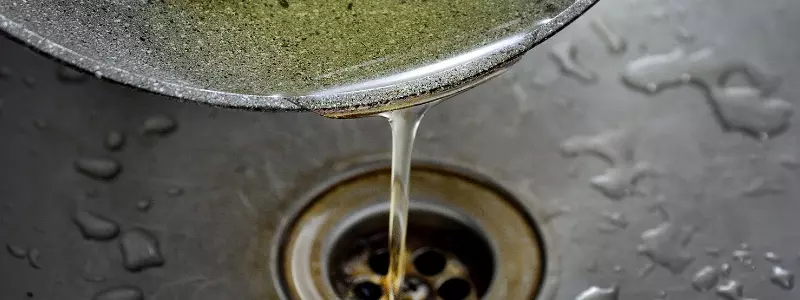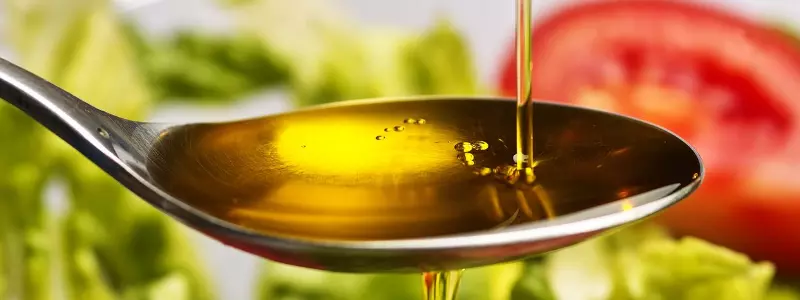Why Proper Disposal of Cooking Oil Matters
Cooking oil is a staple ingredient in kitchens worldwide, yet many people are unaware of how to dispose of it safely. Improper disposal can cause significant environmental and plumbing issues. Pouring oil down sinks or onto the ground might seem harmless, but it leads to clogged pipes, polluted waterways, and harm to wildlife and plants.
Understanding the correct methods to dispose of used or excess cooking oil helps reduce waste, prevent blockages, and contributes to environmental conservation.
Safe Handling and Preparation of Used Cooking Oil
Handling hot oil directly is hazardous. The first step is to let your cooking oil cool completely. Once cooled, some oils and fats may solidify, making them easier to manage. Here’s what you should do:
- Allow oil to cool until it reaches room temperature.
- If the oil solidifies, scrape it into a container.
- Use a heat-resistant funnel to transfer liquid oil into a sealable container.
Using a sealed container ensures no leakage or odors while you prepare for disposal or recycling.
Why You Should Not Pour Cooking Oil Down the Sink
Many people pour used cooking oil down kitchen sinks, ignoring the long-term effects. Although it may appear to disappear, oil congeals and accumulates in sewer pipes, causing severe blockages known as fatbergs.
In the UK, for example, blockages caused by fats, oils and grease account for over 80% of sewer flooding incidents. These blockages can be expensive to fix and may lead to untreated sewage spilling into the environment.

Removing Oil Residue From Cooking Equipment
After frying or cooking, oil residues remain on pots, pans, and utensils. Simply washing these with hot water and soap can still allow small oil particles to enter the drainage system, where they solidify and cause future blockages.
To minimize this:
- Wipe cooking vessels with kitchen paper towels to absorb oil residues before washing.
- Dispose of the oily towels in your general waste bin to prevent oil entering the drains.
This simple step significantly reduces oil pollution in waterways and safeguards aquatic ecosystems.
Why Pouring Oil Outdoors is Harmful
Some people mistakenly pour used oil onto soil or gardens, assuming it is organic and safe. In reality, cooking oils create a barrier that blocks air and water penetration in the soil, harming plants, insects, and microorganisms critical for healthy garden ecosystems.

Oil in soil also contaminates groundwater and disrupts the natural balance, making it an unsuitable disposal method.
Environmentally Friendly Alternatives for Cooking Oil Disposal
Instead of improper disposal, consider these eco-friendly options:
- Dispose in Bin After Solidifying: Let oil cool and harden, then dispose of it with general waste, ensuring it is securely sealed to avoid leaks.
- Recycle Cooking Oil: Many local councils or recycling centers accept used cooking oil to convert it into biodiesel or other products. Recycling helps reduce fossil fuel use and lowers carbon footprints.
- Reuse Cooking Oil: For some types of oils, filtering and storing properly can allow reuse for several cooking cycles if not overheated or contaminated.
- Composting (with caution): Small amounts of pure vegetable oil can sometimes be composted, but avoid adding large quantities to prevent anaerobic conditions and odors.
How Cooking Oil is Recycled and Its Benefits
Used cooking oil collected at recycling facilities undergoes treatment and refinement to become biodiesel—a renewable, cleaner-burning fuel alternative. Biodiesel reduces greenhouse gas emissions significantly compared to petroleum diesel.
Additionally, recycling cooking oil minimizes environmental pollution, reduces waste in landfills, and conserves energy by replacing fossil fuels with sustainable biofuels.
Summary and Best Practices for Cooking Oil Disposal
| Disposal Method | Is It Safe? | Environmental Impact | Recommended Action |
|---|---|---|---|
| Pouring down sink | No | Severe blockages, water pollution | Avoid completely |
| Pouring on soil/garden | No | Soil contamination, harms plants | Not recommended |
| Cooling and solidifying | Yes | Safe for disposal | Dispose in sealed bin |
| Recycling | Yes | Reduces pollution, produces biodiesel | Take to local recycling center |
In conclusion, disposing of cooking oil correctly protects plumbing infrastructure, preserves ecosystems, and supports sustainable energy use. By adopting the recommended practices—cooling, sealing, and recycling—you contribute to a healthier environment for your community and future generations.
